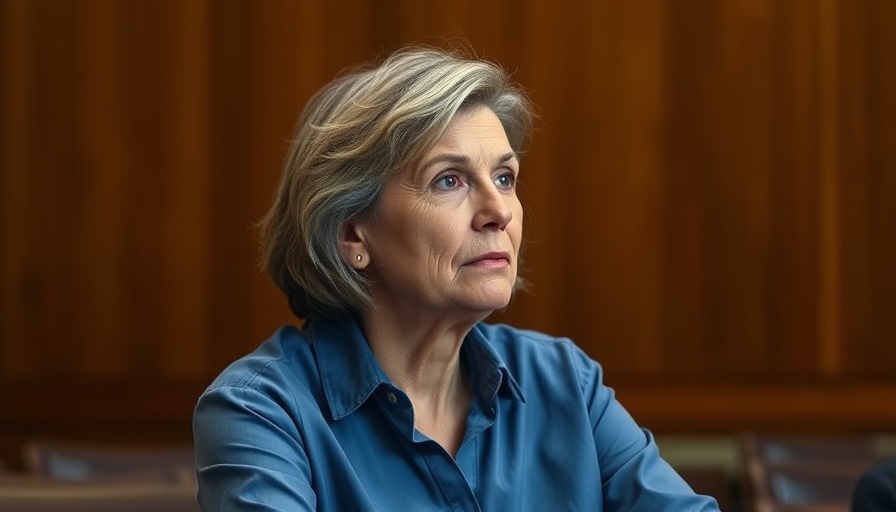
Trump and the FBI: Unpacking the Controversy
The recent assertion made by Speaker of the House Mike Johnson that former President Donald Trump was an "FBI informant" regarding the high-profile Jeffrey Epstein case has sent ripples across political spheres and legal circles alike. This dramatic claim was met with skepticism by Rep. Jared Moskowitz (D-FL), who seized the moment during a committee hearing to inquire about the implications of Johnson's statement with a mix of humor and incredulity.
The Weight of Allegations
Congessman Moskowitz noted that such a claim by a Speaker of the House is historically unprecedented and fraught with implications. He highlighted the need for clarity and transparency regarding Trump's alleged connections to Epstein and the FBI's role. Moskowitz's challenge was not merely rhetorical; he called for verification from the FBI, questioning whether Trump had ever acted as an informant, particularly in light of his known associations with Epstein.
What This Means for Civil Rights and Legal Practices
For attorneys, especially in civil rights and immigration sectors, the discourse surrounding governmental transparency and accountability in matters involving public figures is crucial. The implications of a sitting president being labeled an informant have far-reaching consequences, underscoring the increasing necessity for legal professionals to remain vigilant about political rhetoric.
Unpacking the Narrative: Lies and Accountability
Moskowitz's biting question, “If he was lying then, is he lying now?”, serves as a direct challenge not just to the Speaker's credibility, but opens the floor to discussions about the veracity of statements made by public officials. This culture of accountability extends beyond politics and into sectors where legal integrity is paramount. The statement complicates perceptions of public trust, especially in institutions intended to uphold justice.
The Importance of Public Discourse
The current political landscape places a premium on discussions surrounding truthfulness, especially in a time when misinformation can have widespread ramifications. Lawyers and civil rights advocates are uniquely positioned to foster informed discussions, advocating for factual representation in all matters related to public interest and rights.
Final Thoughts: The Role of the Legal Community
As the discourse unfolds, it is essential for the legal community, particularly those specializing in civil rights and immigration law, to contemplate the implications of political narratives on their practice. Engaging with these issues, providing clarity, and demanding accountability are vital responsibilities. In a world of competing narratives, the demand for truth is as crucial as ever.
If you found this discussion compelling, consider exploring the implications this holds for your professional practice and engagement in civil rights advocacy. The truth of our political discourse shapes the legal landscape we operate within.
 Add Row
Add Row  Add
Add 




Write A Comment